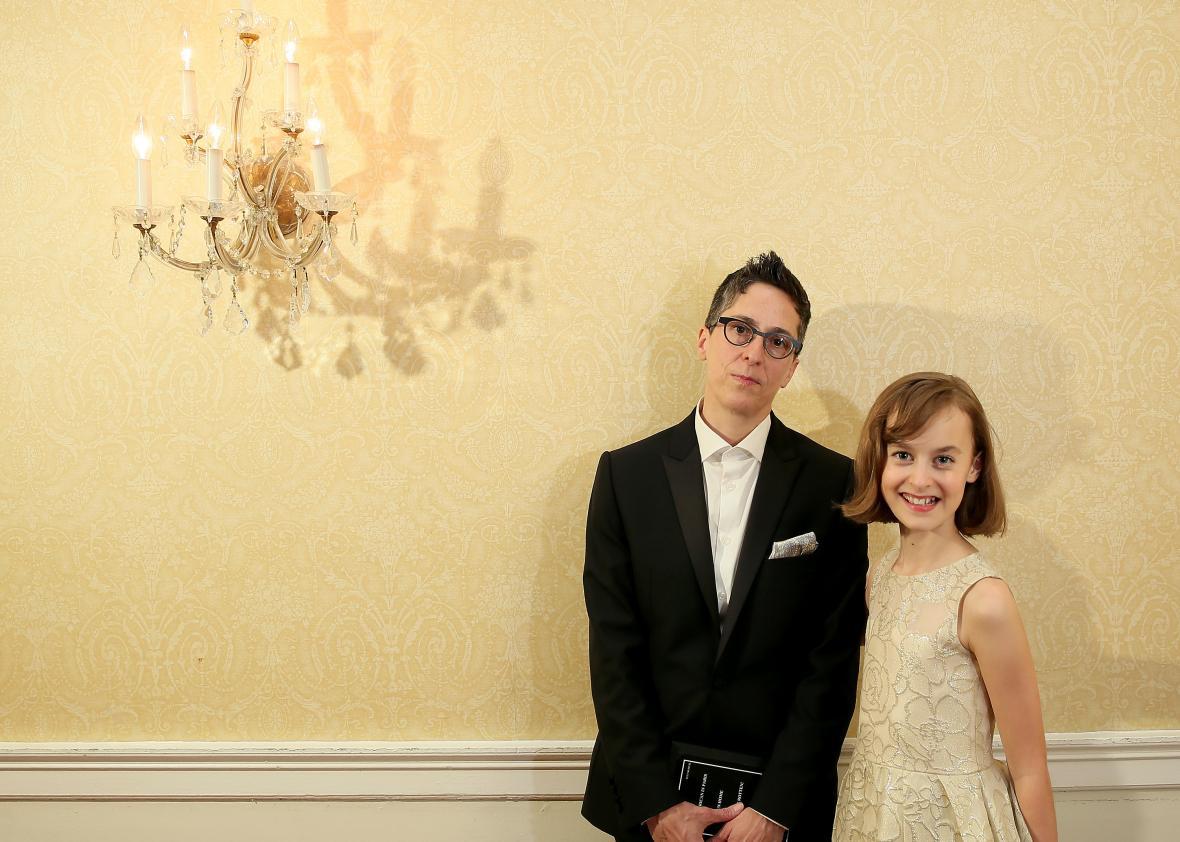Here’s an experience I’m not especially proud of: When I was in middle school, my peers and I would page through newly assigned class texts in search of the naughty bits. We thrilled at the briefest episodes, delighting in literal ripped bodices and passing encounters. To be honest, I don’t remember much about the novels that surrounded those scenes. But I do remember the pleasure we took in lingering over them, the joy we found in the mere implication of eroticism.
Those books weren’t really “dirty.” In fact, they weren’t even sexy unless you were a sex-starved pre-teen. It took a collective feat of will to make those snippets exciting, a conscious effort to ignore the tens of thousands of less stimulating words that surrounded them. In pursuit of pleasure we became close, if ungenerous, readers.
I’ve been reminded of those dark days for the first time in years this week as I followed the misadventures of an older group of students. In a widely reported story, a small number of incoming Duke undergraduates announced that they wouldn’t be reading Alison Bechdel’s memoir Fun Home, which had been recommended (but not required) as common summer reading. They objected to the book on moral grounds, complaining that its sexual imagery—and, implicitly, its queer themes—clashed with their religious sensibilities.
Now, Brian Grasso—the student whose Facebook post kicked off the story—has written an article for the Washington Post’s PostEverything section, attempting to clarify his position. Largely avoiding the question of homophobia, he claims that something altogether different was at stake. “I’m not opposed to reading memoirs written by LGBTQ individuals,” Grasso writes, before hastening to add that he would likewise be comfortable “reading Freud, Marx or Darwin.” It’s not, he holds, that he’s averse to encountering new ideas; it’s just the way those ideas are presented in Bechdel’s work.
And what a presentation! Here’s Grasso on the content that shocked him: “The book includes cartoon drawings of a woman masturbating and multiple women engaging in oral sex.” He wants us to believe, in other words, that he was turned off by a handful of panels in a comic with thousands of them.
Grasso’s vague word choice suggests that he knows how ridiculous this objection really is. Despite his allusion to “multiple women,” the latter scene isn’t some crass orgy. Like the former, it’s a crucial—and critically moving—step in Bechdel’s discovery and acceptance of her lesbianism. Coming to terms with her body and its pleasures sets her in opposition to her closeted father, whose failure to do the same leads directly to his death. As I wrote in response to the initial protest, Grasso and his fellow students were effectively reenacting Bruce Bechdel’s dilemma.
Let me be as clear as possible: Fun Home is not pornography. Sex becomes pornographic when we detach it from its living, breathing context. In Bechdel’s book, that living, breathing, context is the arc of her story, the tragic collision between her triumphs and her father’s suffering. If the drawings Grasso objects to are pornographic, it’s only because Grasso refuses to contextualize them by reading the book itself. If they’re pornographic, in other words, it’s because Grasso has made them that way, not because Bechdel has.
Grasso claims that he’s not “uncomfortable” with homosexuality, but the underlying logic of his objections still supports a homophobic worldview. In his PostEverything essay, he writes, “[V]iewing pictures of sexual acts, regardless of the genders of the people involved, conflict[s] with the inherent sacredness of sex.” And yet he only sees those brief images as pornographic because he refuses to consider the fuller experience of LGBTQ existence that Bechdel maps in Fun Home. In effect, Grasso reduces homosexuality to a few sex acts, and then declares that showing those sex acts is unacceptable.
Thinking back to my own middle-school misreadings, it’s tempting to assume Grasso’s focus with these sexual images derives from some childish coupling of deprivation and desire. But he is an adult, or is, at least, on the brink of adulthood. To accept his rationale for not reading the book isn’t, as he suggests, to embrace diversity of opinions, but to think about all sex—especially gay sex—in basically traumatic terms. A trauma is a small experience that looms large, a cloud that blots out the sun. We don’t recover from traumas by further isolating them, but by weaving them back into the warp and weft of the world.
In that light, it’s important to remember that while Grasso wasn’t alone in his objections, he also wasn’t speaking for some silent majority. He writes that “almost 20 people privately messaged me, thanking me for my post.” Meanwhile, as Duke professors Gabriel Rosenberg and Jessica Namakkal wrote in the Duke Chronicle, “approximately 150 LGBTQ students and allies convened to listen to Bechdel talk about her work” at a campus event last week. We should, without question, condemn homophobia where and when it appears, however small and solitary it may be. But we should also celebrate the community that Bechdel’s remarkable, life-affirming book has helped to assemble.
